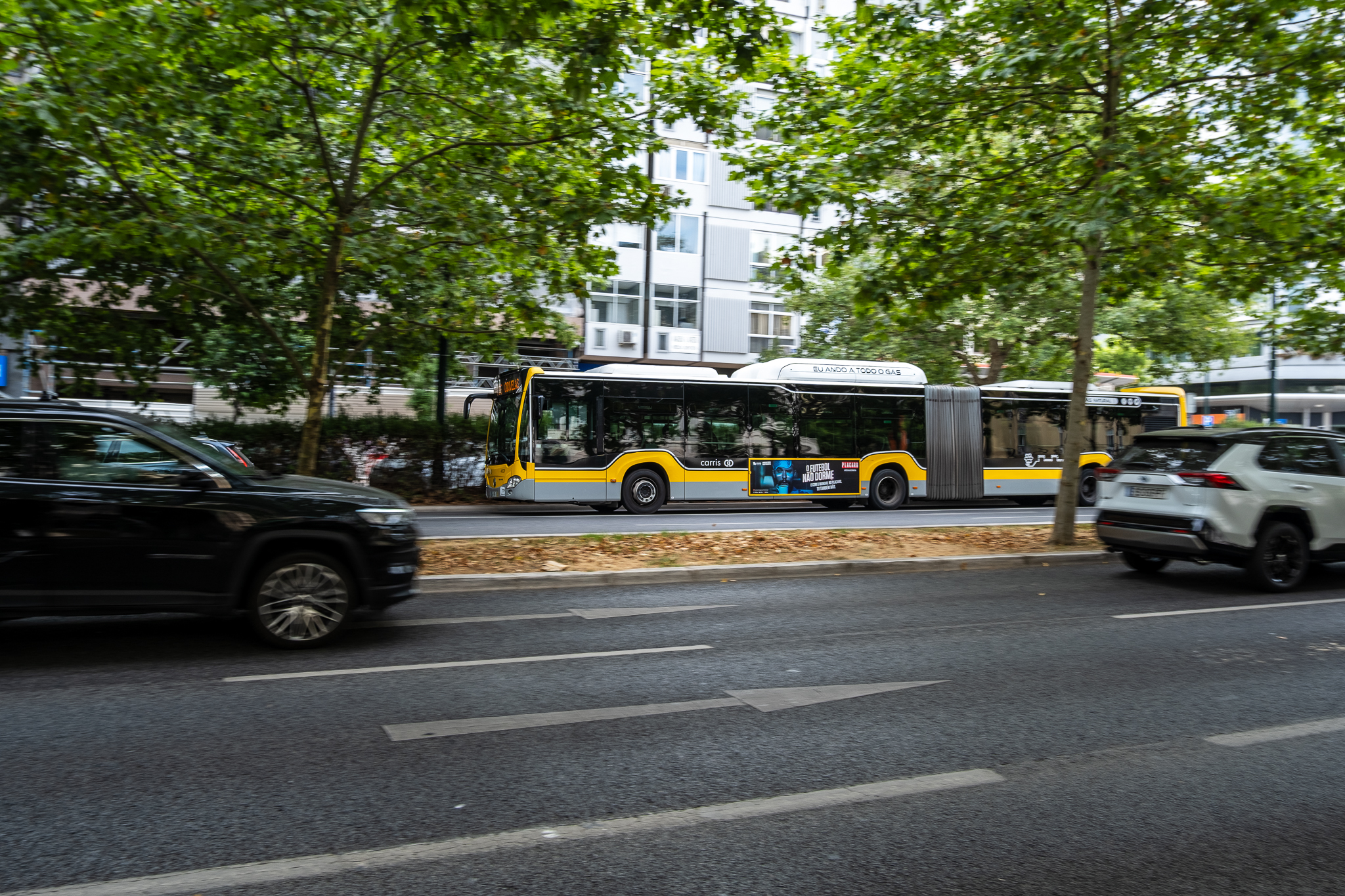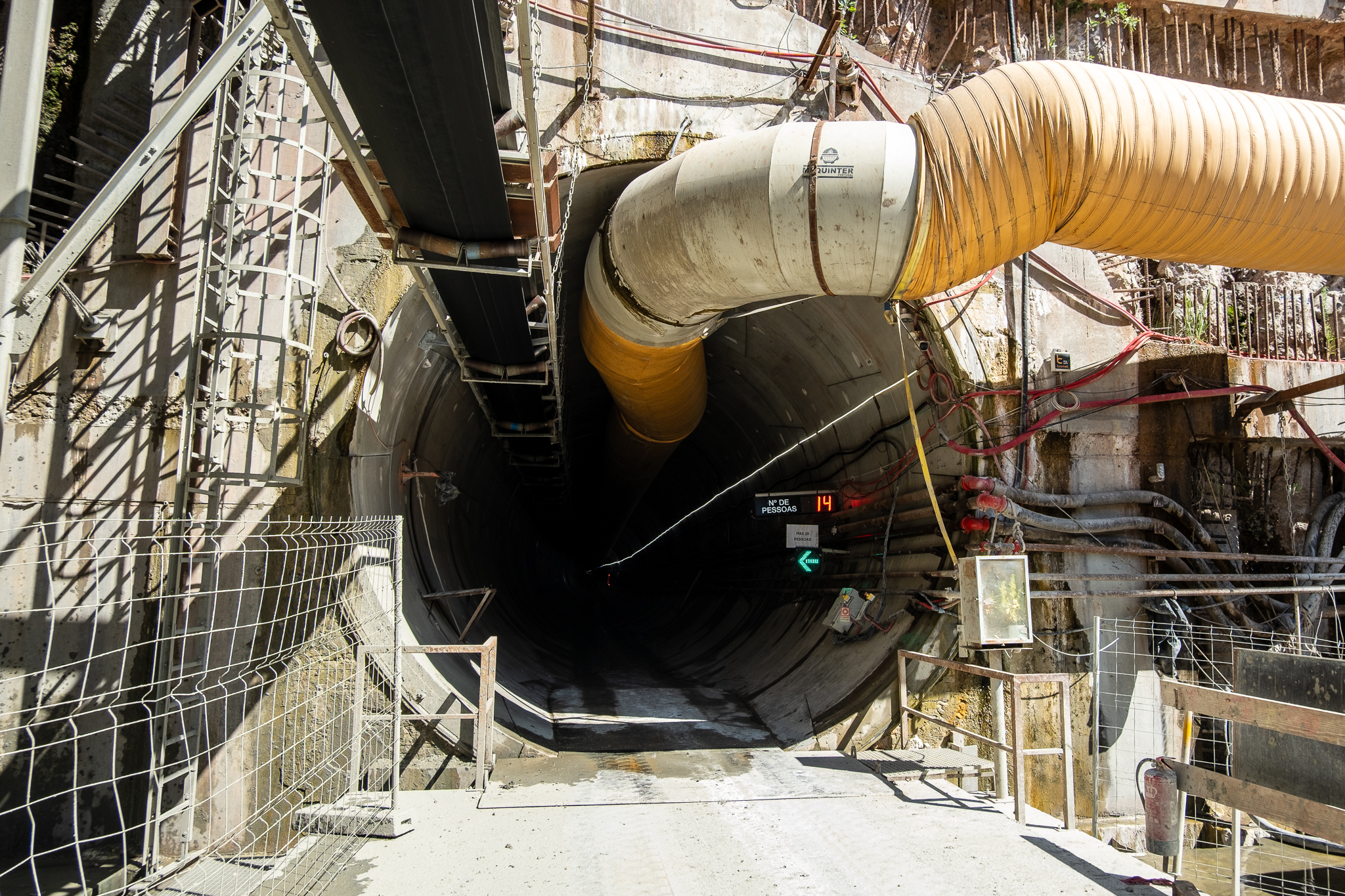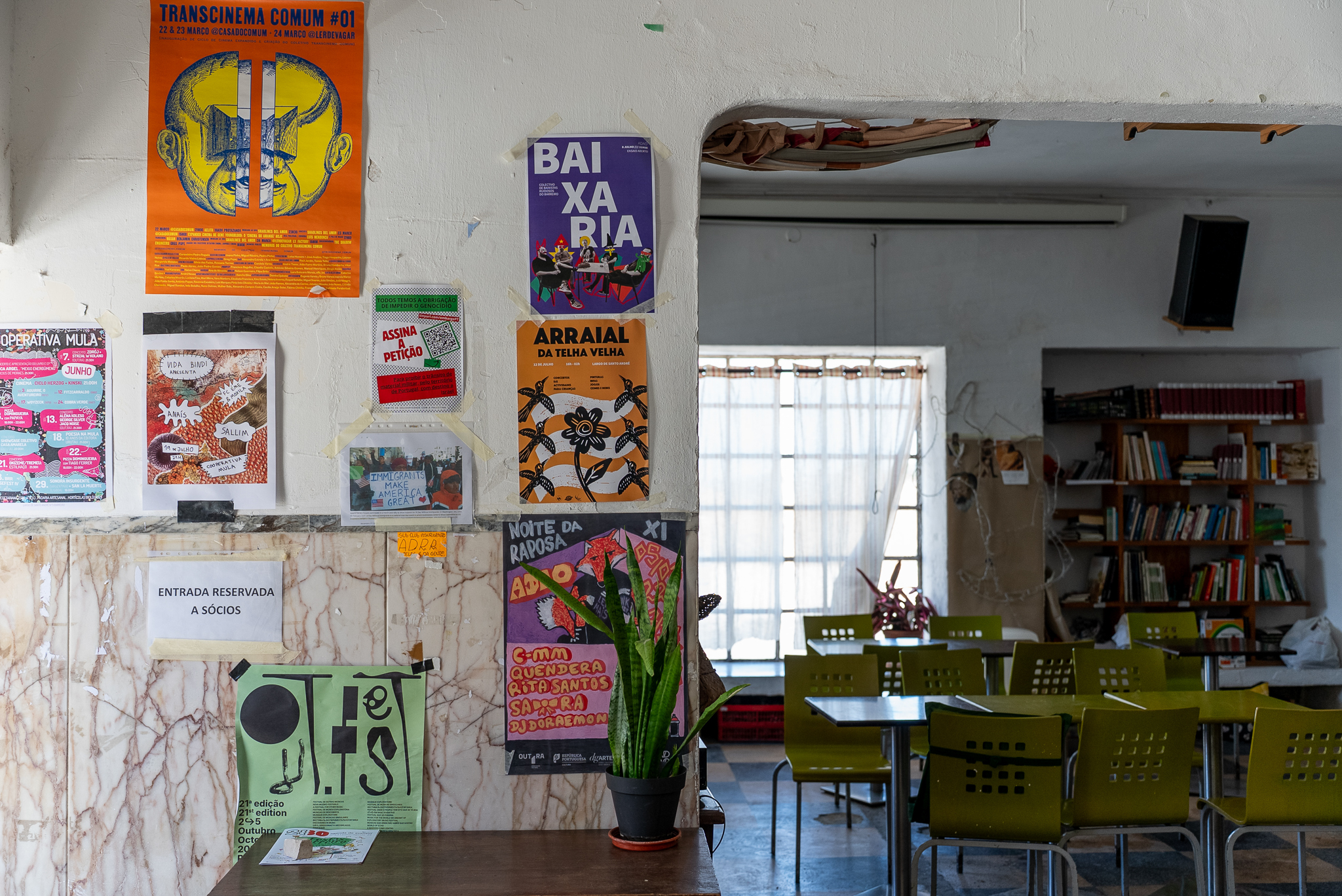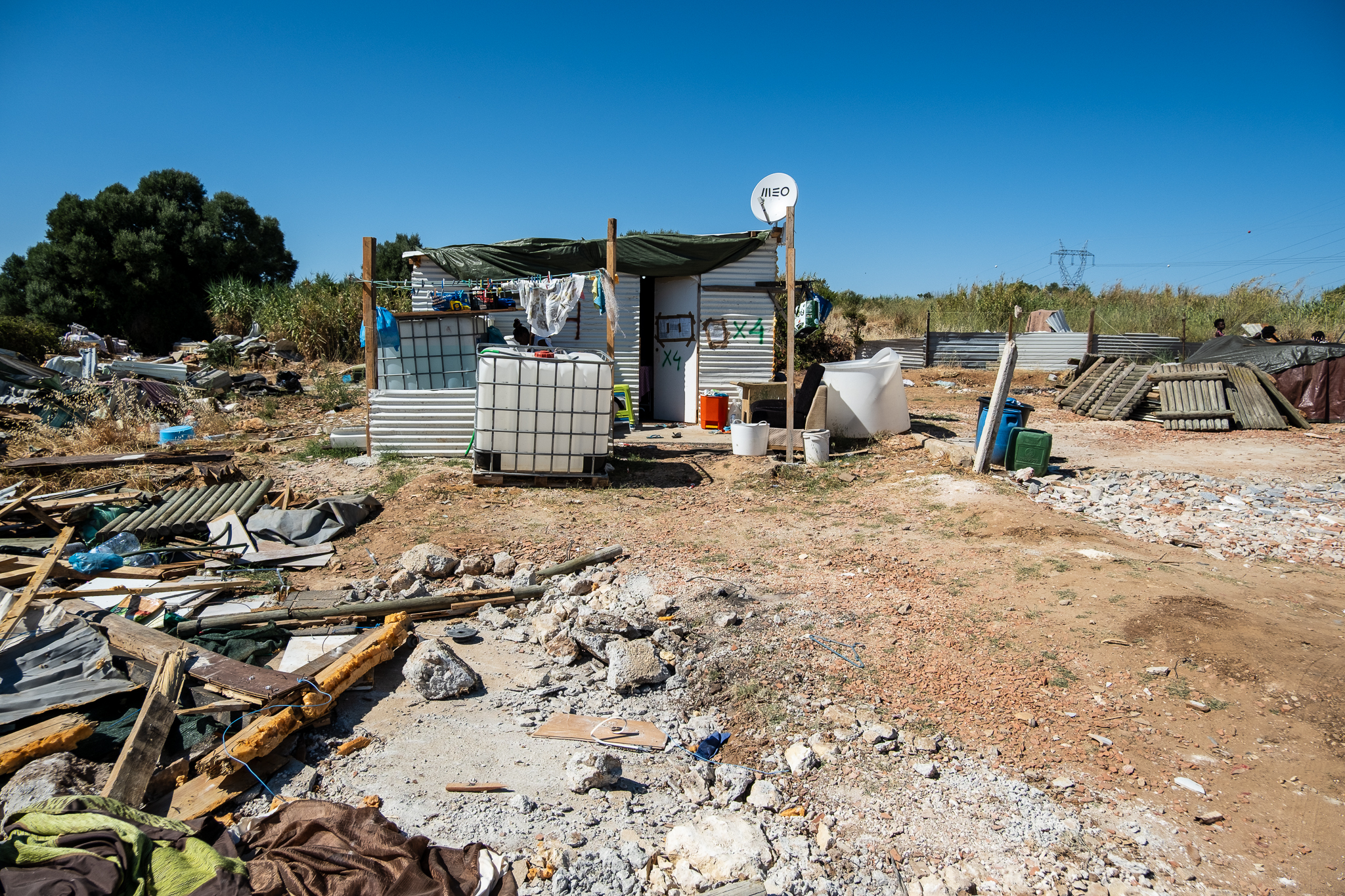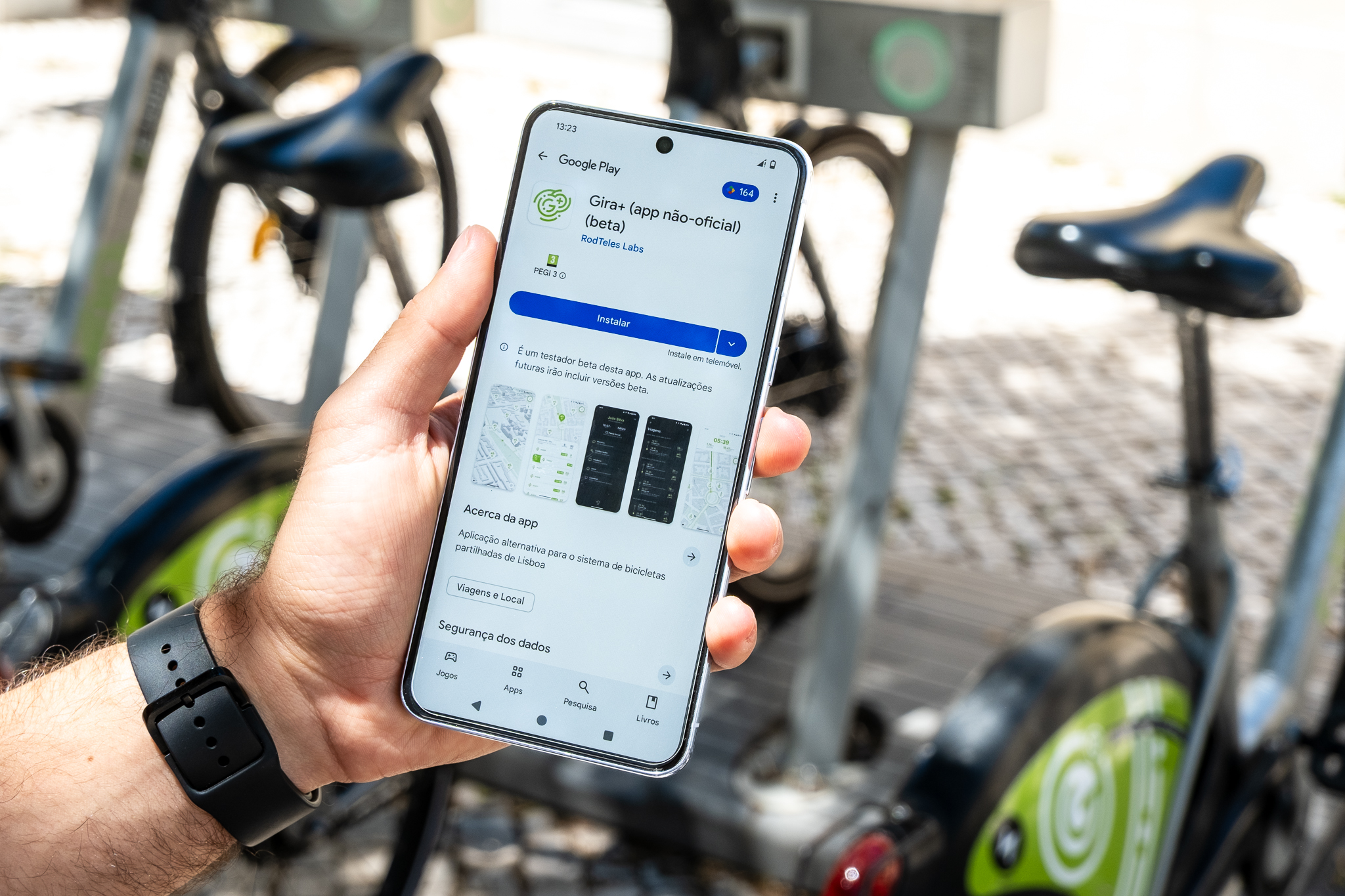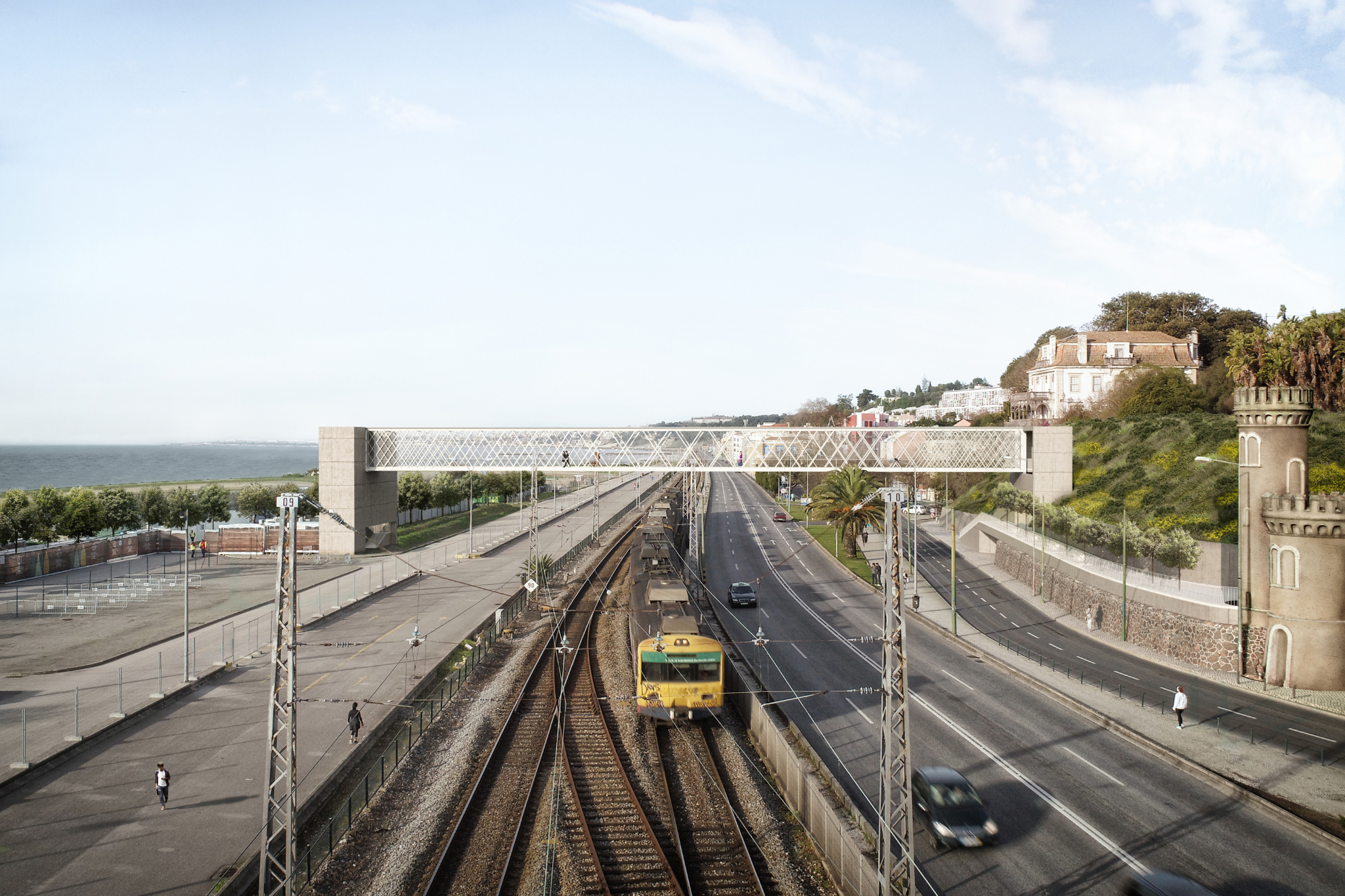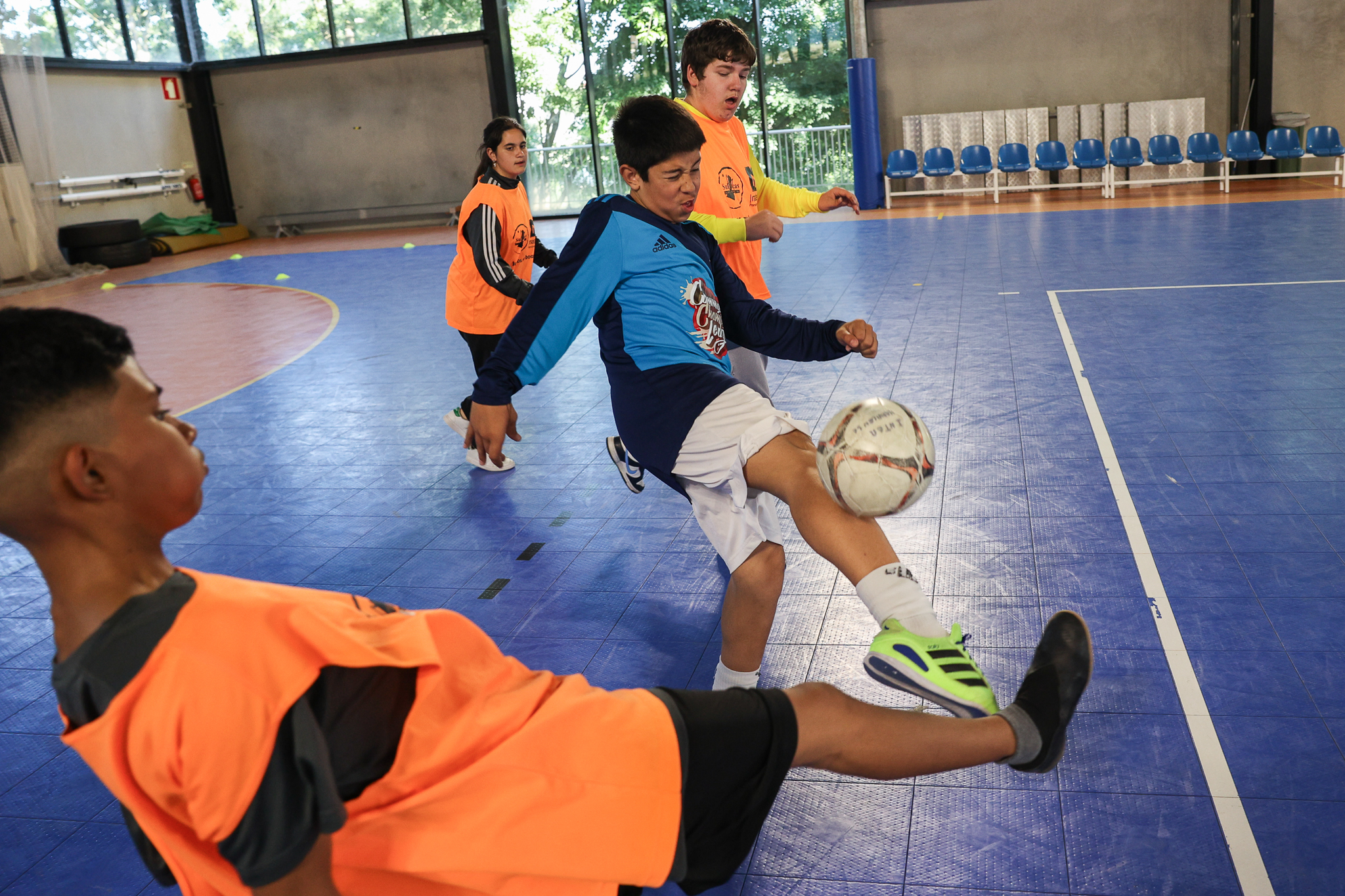
From Monday to Friday, in the morning, at lunchtime and at the end of the day, the scene in front of many schools in Lisbon repeats itself: queues of cars, some stopped in second lines, to drop off or pick up children. This behavior has two consequences: one visible, the congestion of the street in front of the school and the surrounding area; and the other invisible, the pollution that enters directly into the still fragile airways of the little ones.
A study carried out worldwide and published in 2019 showed that the road pollution is responsible for around 3,200 new cases of asthma in children every year and an incidence of 170 new cases/year per 100,000 children. Portugal may not be one of the most problematic countries on the global scene, but these cases can still be prevented.
According to a survey carried out by the Lisbon City Council in various public and private schools in the city, the majority of children and young people, from primary to secondary school, go to school by car (51.4% of participants). Aware of this issue, the municipality has been promoting a program of Bicycle Trains the city and, at the beginning of this school year, launched the pilot project Move For Your School with the aim of creating a car-free perimeter around the school and promoting exclusively pedestrian and cycling access.
O Move For Your School started at the Dona Filipa de Lencastre school grouping, in the Arco do Cego neighborhood, at the beginning of the 2020/21 school year; and now another school has joined the project. It's the Jardim-Escola João de Deus, in Olivais. As is the case at Filipa de Lencastre, car traffic is restricted on the access road to the school's main entrance; it is only possible to reach the school on foot, by bicycle or in another active mode, such as a skateboard or scooter. Motorized vehicles are not allowed to pass.
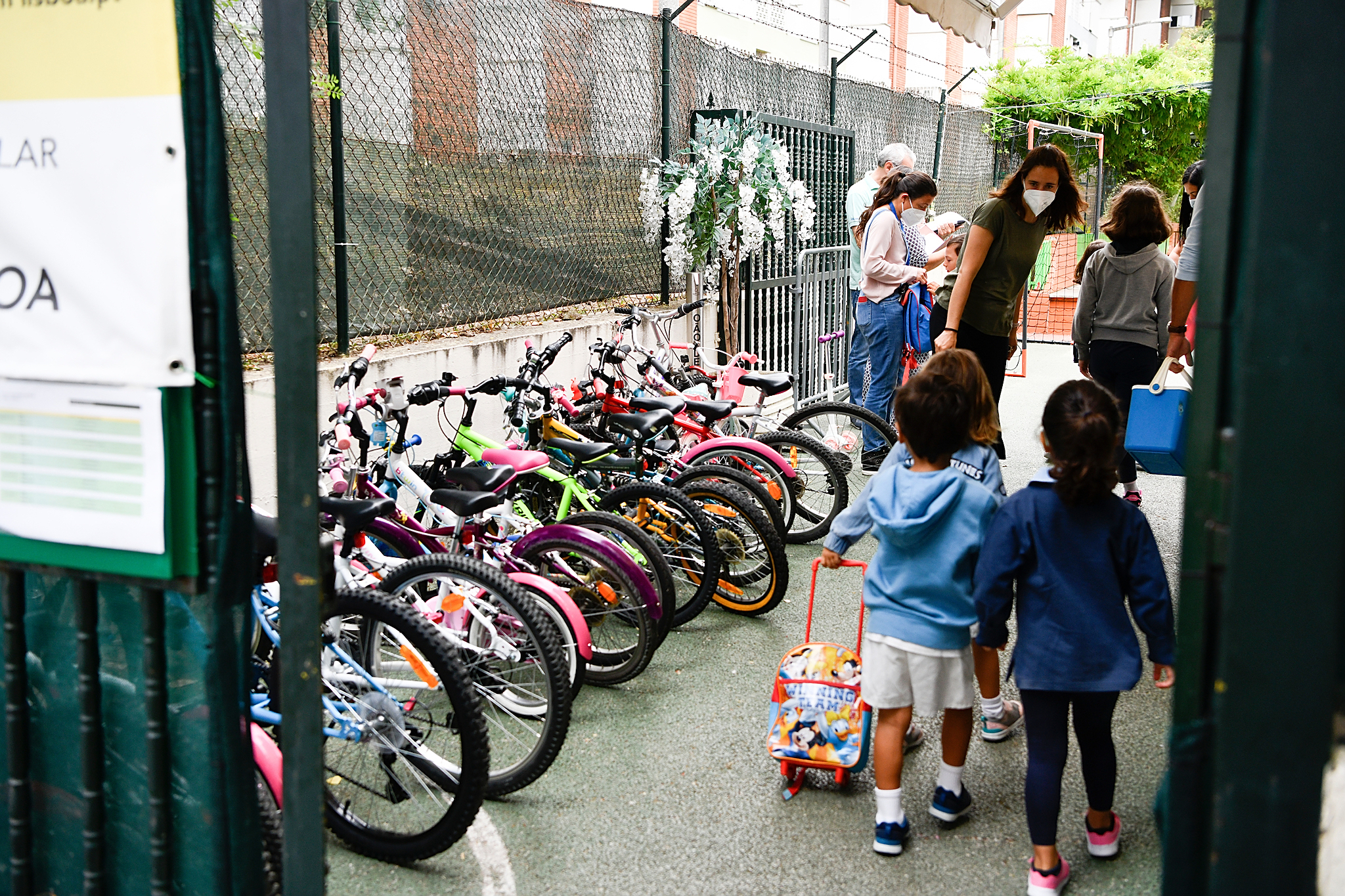
The action is being tested between June 2 and 30, on Wednesdays, from 8 am to 6 pm. At Filipa de Lencastre, the Move For Your School has been held every Tuesday morning between 8am and 9.30am; access is guaranteed to residents of the neighborhood. "This project is very interesting and has been very well received"says André Carvalho, director of Jardim-Escola João de Deus in Olivais. "For now, it will run until the last day of school. Then we'll also have to wait for Lisbon City Council's decision on whether the project will continue and under what conditions, because the school alone won't be able to continue it."
André Carvalho explains that the school he runs "decided to join this initiative at the suggestion of a parent or guardian who was professionally involved in the genesis of this project and presented it to the school board". On a possible extension of the Move For Your School to other John of God kindergartens in the city, André says that it will depend on each one of them, not least because it is "a project of municipal origin and where the parish councils are present in support". "The fact that it went very well for us could be a good business card for the organization to present to other schools."
In other cities, car access is also being restricted around schools. In AveiroAn initiative similar to Mexe-te Pela Tua Escola was tested around a school in the city. Barcelona has a project underway to limit car traffic and humanize the public space around the schools. Also Paris is protecting schools by promoting active modes and blocking access to motor vehicles.

